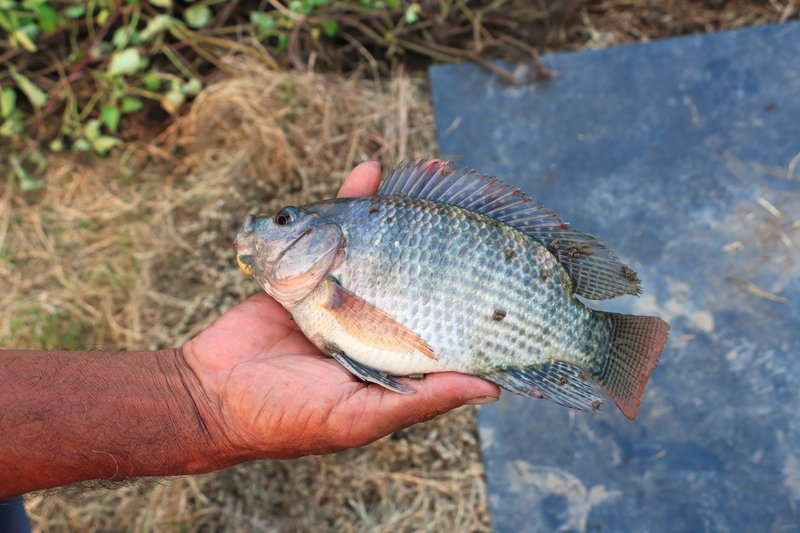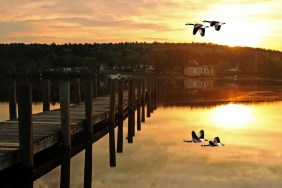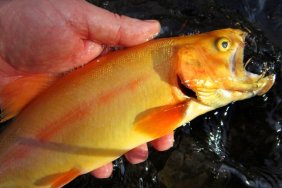Most anglers would confidently say they can catch fish if they have their fishing rod and tackle box. But what if you were in an emergency situation, without any of your fishing gear? Could you catch a fish?
The scenario may sound unrealistic, but occasionally, wilderness canoe or camping trips turn into emergency situations. Help is a long way off and you need to eat to survive. A lake or river is nearby, with a supply of fish, but you do not have any fishing gear.
Nobody ever expects to be caught in an emergency situation, but if you ever are, here is what to do to catch fish.
The first step is finding something that will work as a fishing rod. A tree branch is the obvious choice. It should be fairly long, seven to nine feet is ideal. The best wood for an emergency rod is live wood, because it will be stronger than dead, dry wood. Make sure it is thick enough to withstand the resistance from a panfish, small bass or trout.
You will find that selecting a branch to use as fishing rod is the easiest part of emergency fishing. The next step is figuring out what to use as line.
There are many materials that can be used to make fishing line, and you will already have most of them with you. The most obvious are found in your tent, tarp or clothing. Unravel thread from your clothing or the seam of a tent or tarp. Since this thread will be much weaker than actual fishing line, the best bet is to combine two or three strands of thread to provide additional strength. If you do not have access to any type of thread, the next best choice is to tie together lengths of long grasses or the inner bark of a tree.
Once you have the line ready and secured to the rod, you need to find something to use as a hook. Some of the best objects for hooks are a safety pin, paper clip, nail, key ring or piece of wire. If none of these materials is available, you will have to get creative. If you can find a piece of clam or snail shell, it can be cut or ground down into the shape of a hook. Another option is a small piece of bone or wood.
When you have your rod, line and hook ready, the next step is finding bait. Searching under rocks or rotting trees is a great way to find worms, slugs or insects that can be used as bait. Large black flies, grasshoppers, crickets or aquatic insects also work well.
When it comes to catching fish with your emergency fishing rod, it is important to remember that it is likely a fragile contraption. Use finesse and a light touch when trying to land a fish. Concentrate on smaller fish that will be less likely to damage your setup. It is better to catch mess of small fish than lose your rig trying to land one big fish.
When spending time in a wilderness setting, it is always best to be prepared for a variety of emergency situations. If you are caught in a survival situation, you now have the knowledge to catch fish, when you do not have access to fishing tackle.








